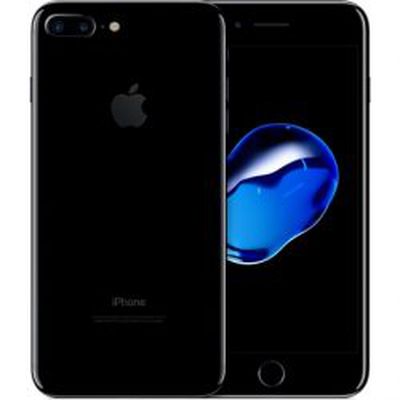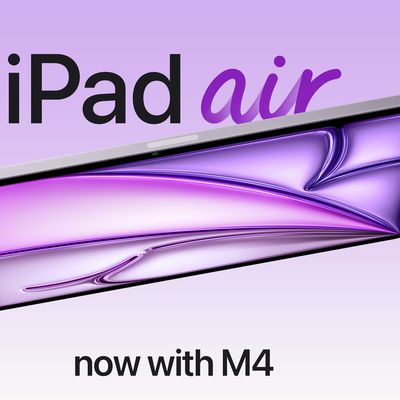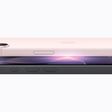 Apple updated its purchase policy for Hong Kong today to reflect that all Apple and Beats products purchased at its retail stores in the region cannot be returned or exchanged.
Apple updated its purchase policy for Hong Kong today to reflect that all Apple and Beats products purchased at its retail stores in the region cannot be returned or exchanged.
The exact reason for Apple suddenly disallowing returns and exchanges at its five Hong Kong retail locations, and whether it is a temporary move, remains unclear at this time.
Apple previously allowed customers in Hong Kong to return or exchange undamaged products with the original receipt and packaging within 14 days of the date of purchase.
The change was made on the same day iPhone 7 and iPhone 7 Plus launched in Hong Kong, where the smartphones have been reselling on the black market for up to 15,000 Hong Kong dollars, or up to $1,933 in U.S. dollars. CNBC and South China Morning Post both ran articles about these lucrative scalping efforts, which have become commonplace with every iPhone launch, earlier today.
Hong Kong is a hotbed for black market electronics due to the lack of import taxes and duties added to foreign goods purchased, as is the case in neighboring mainland China. Scalpers often attempt to illegally smuggle new iPhones across the border to mainland China to make significant profits, including one smuggler caught with 94 iPhones strapped to his body in 2015.
A tipster informed MacRumors that the return policy change also applies in Macau, another special administrative region of China.



















Top Rated Comments
A lot of stores in HK do not allow refunds or exchanges. This isn't news.
[doublepost=1474010608][/doublepost]No. You're wrong.
The majority of iPhones sold in Hong Kong in the early days / weeks after launch are immediately sold to traders who would then smuggle them across the border to China. There is a price premium between the retail price in Hong Kong and the retail price in China, not to mention the enormous demand in China that the supply from official retailers within China can't meet, which may drive up the black market price even more.
This has been happening since the iPhone 4 cycle. Yes. iPhone 4 cycle. 6 years ago. Back when China wasn't even on the initial list of countries where the iPhone was available but Hong Kong usually was. Imagine the supply intended for a city of 7 million trying to meet the demand of a country of 1.3 billion.
By providing a generous return policy in the past, Apple was providing a safety net for those seeking a quick return flipping iPhones. In case the demand from China didn't materialize, as was the case for the past 2 cycles, people trying to flip can return the iPhones to Apple for a full refund, risk free. By eliminating this return policy, then there is now a cost to these quick flipping trades, which is actually a good thing.